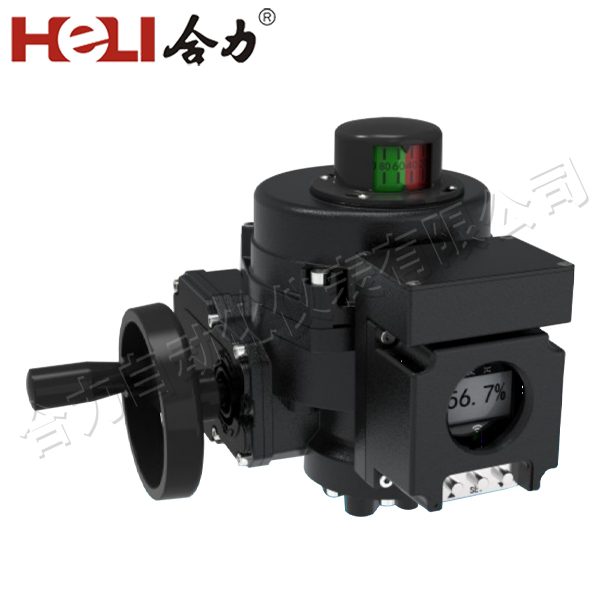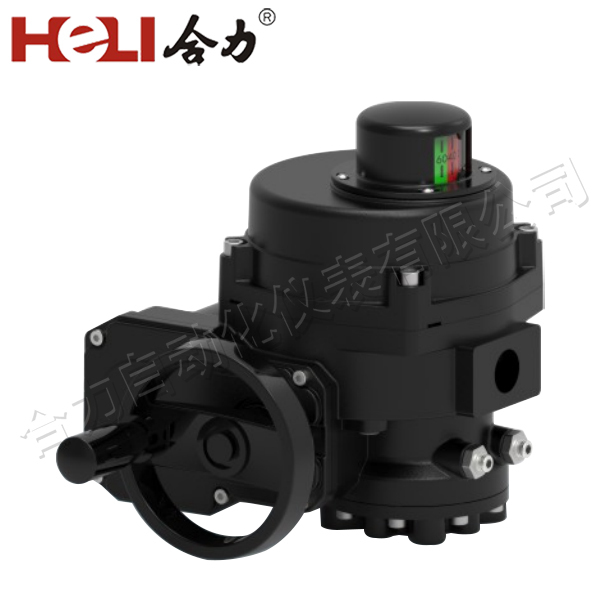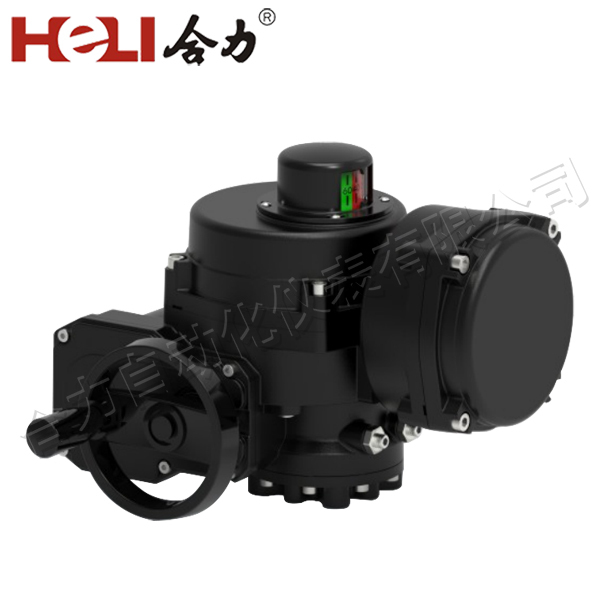Hydrogen energy has emerged as one of the most promising alternatives to traditional fossil fuels, offering a cleaner, more sustainable way to power industries, homes, and vehicles. As global demand for cleaner energy sources continues to rise, hydrogen-based power systems are becoming increasingly important. This article explores the significance of hydrogen energy electrical installations, the technologies involved, and the potential impact on the future of energy.

What is Hydrogen Energy?

Hydrogen energy refers to the use of hydrogen gas (H₂) as a fuel to produce electricity, heat, or power for various applications. When hydrogen is used in fuel cells, it reacts with oxygen from the air to produce electricity, with water vapor as the only byproduct. This clean and efficient process makes hydrogen an attractive alternative to carbon-based fuels. It is considered a key element in the transition towards a low-carbon economy, helping to reduce greenhouse gas emissions and dependency on fossil fuels. The Role of Hydrogen Energy in Electrical Installations Hydrogen energy electrical installations are systems designed to generate, store, and distribute hydrogen energy for various applications. These installations can range from small-scale systems used in residential settings to large industrial setups for power plants and transportation networks. Hydrogen energy installations typically consist of several key components:
